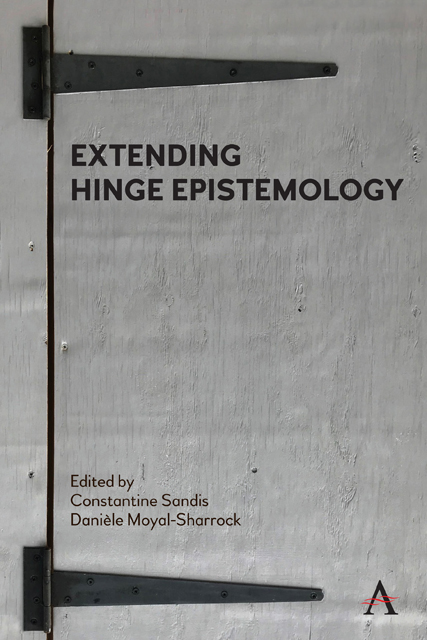Chapter Four - Something Animal, Something Unpredictable: On the Difficulty of Finding the Beginning and Not Trying to Go Further Back
Published online by Cambridge University Press: 09 December 2022
Summary
The admirable opening of Danièle Moyal-Sharrock's ‘Literature as the Measure of Our Lives’ reads as follows:
In her Nobel Prize acceptance speech (1993), Toni Morrison said: ‘We die. That may be the meaning of life. But we do language. That may be the meaning of our lives.’ (Moyal-Sharrock 2020, 270)
With these words, Morrison may have captured, Moyal-Sharrock suggests, the distinctive importance of language across the range of human lives. This is not to say, with the early Wittgenstein, that the limits of my language are the limits of my world, nor to imagine alignment with the later Wittgenstein as a linguistic idealist, for he is no such thing: he does not deny, Moyal-Sharrock affirms, the existence of an independent reality with which our language connects; only the connection is ‘not due to our discovering tracks in nature but to making them’ (Moyal-Sharrock 2020, 270). The connection is a grammatical one.
I shall come back later to Morrison's felicitous phrasing, considering the extent to which her twin aphorisms imbue Moyal-Sharrock's discussion not only of literature but of Wittgenstein, especially her emphasis on the animal in On Certainty. I shall lay the way for this by considering Norman Malcolm's and Rush Rhees’ discussions of Wittgenstein's response to G.E. Moore's ‘Proof of an External World’ (Moore, 1939).
Something Animal
It is so difficult to find the beginning. Or, better: it is difficult to begin at the beginning. And not try to go further back. (Wittgenstein, 1969, §471; hereafter referenced as OC §) Central to Malcolm's discussion of On Certainty, in ‘Wittgenstein: The Relation of Language to Instinctive Behaviour’, is Wittgenstein's claim that the absence of doubt is to be conceived as ‘something that lies beyond being justified or unjustified; as it were, as something animal’ (OC, §§358, 359). To speak of knowledge or conviction or acceptance, and so forth, is not really appropriate in these circumstances as these expressions have their roles within specific language-games: they are not appropriate when it comes to explaining the basis of all language-games. In fact, all such psychological terms lead us away from what is important here, from this ‘unthinking, instinctive behaviour’ that, as Malcolm puts it, underlies all language-games (Malcolm, 1982, 17).
- Type
- Chapter
- Information
- Extending Hinge Epistemology , pp. 71 - 90Publisher: Anthem PressPrint publication year: 2022



